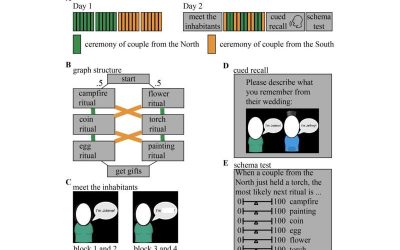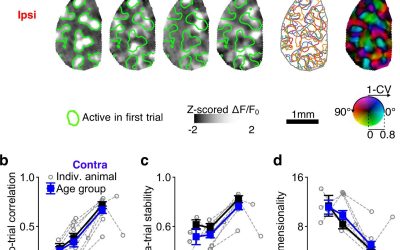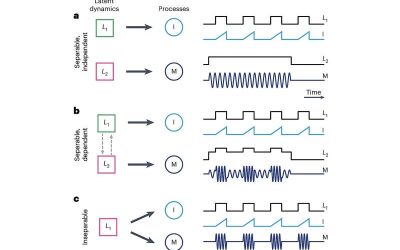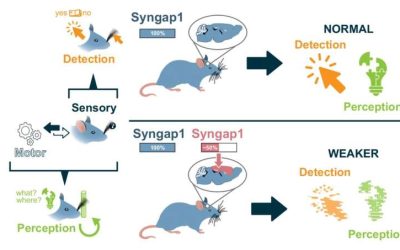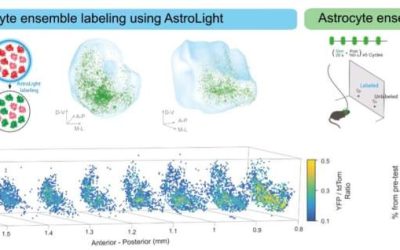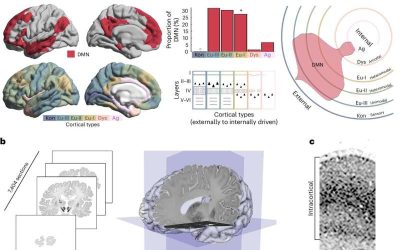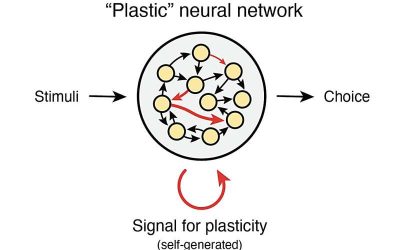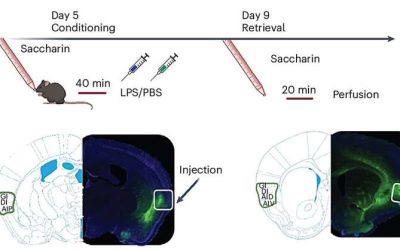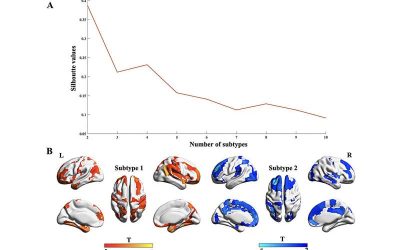The human brain continuously processes the wide range of information it acquires from the outside world. Over time, this information is organized into mental representations, referred to as "schema," which help us to understand what is happening at a given time and...
Neuroscience
People’s spontaneous thought patterns fall into four main clusters, study finds
Thoughts that arise spontaneously when humans are not deliberately trying to think of something are known to play a key role in decision-making and various cognitive functions, as well as in some mental health disorders. In fact, psychology studies suggest that...
Ferret brain study explores how reliable visual representations emerge during development
Brain circuits are known to gradually form and develop after birth as the result of both innate biological processes and life experiences. Past studies suggest that the initial development of brain circuits spans across two different stages.
New experimental paradigm isolates cognitive and motor processes in the mouse brain
When animals and humans explore their surrounding environment or complete specific tasks, their brains simultaneously support both their mental (i.e., cognitive) processes and physical movements. For instance, some brain processes could contribute to memory encoding...
Mouse model unveils dynamics through which SYNGAP1 gene supports cognitive function
The SYNGAP1 gene, which supports the production of a protein called SynGAP (Synaptic Ras GTPase-Activating Protein), is known to play a key role in supporting the development of synapses and neural circuits (i.e., connections between neurons). Mutations in this gene...
The overlooked astrocyte: Star-shaped brain cells may form specialized networks for reward learning
Most neuroscience research carried out up to date has primarily focused on neurons, the most renowned type of cell in the human brain. As a result, the unique functions of other brain cell types are less understood and have often been entirely overlooked.
Mapping the human brain’s default mode network: Anatomical study suggests it has widespread influence
The default mode network (DMN) is a set of interconnected brain regions known to be most active when humans are awake but not engaged in physical activities, such as relaxing, resting or daydreaming. This brain network has been found to support a variety of mental...
Brain-inspired neural networks reveal insights into biological basis of relational learning
Humans and certain animals appear to have an innate capacity to learn relationships between different objects or events in the world. This ability, known as "relational learning," is widely regarded as critical for cognition and intelligence, as learned relationships...
Neural pathway in mice sheds light on how the brain regulates learned immune responses
The brain of humans and other animals is known to contribute to the protection of the body from infections. Past studies have unveiled the existence of the so-called conditioned immune response (CIR), which is a form of Pavlovian conditioning that entails the...
Gray matter study uncovers two neuroanatomically different OCD subtypes
Obsessive compulsive disorder (OCD) is a mental health disorder associated with persistent, intrusive thoughts (i.e., obsessions), accompanied by repetitive behaviors (i.e., compulsions) aimed at reducing the anxiety arising from obsessions. Past studies have showed...

